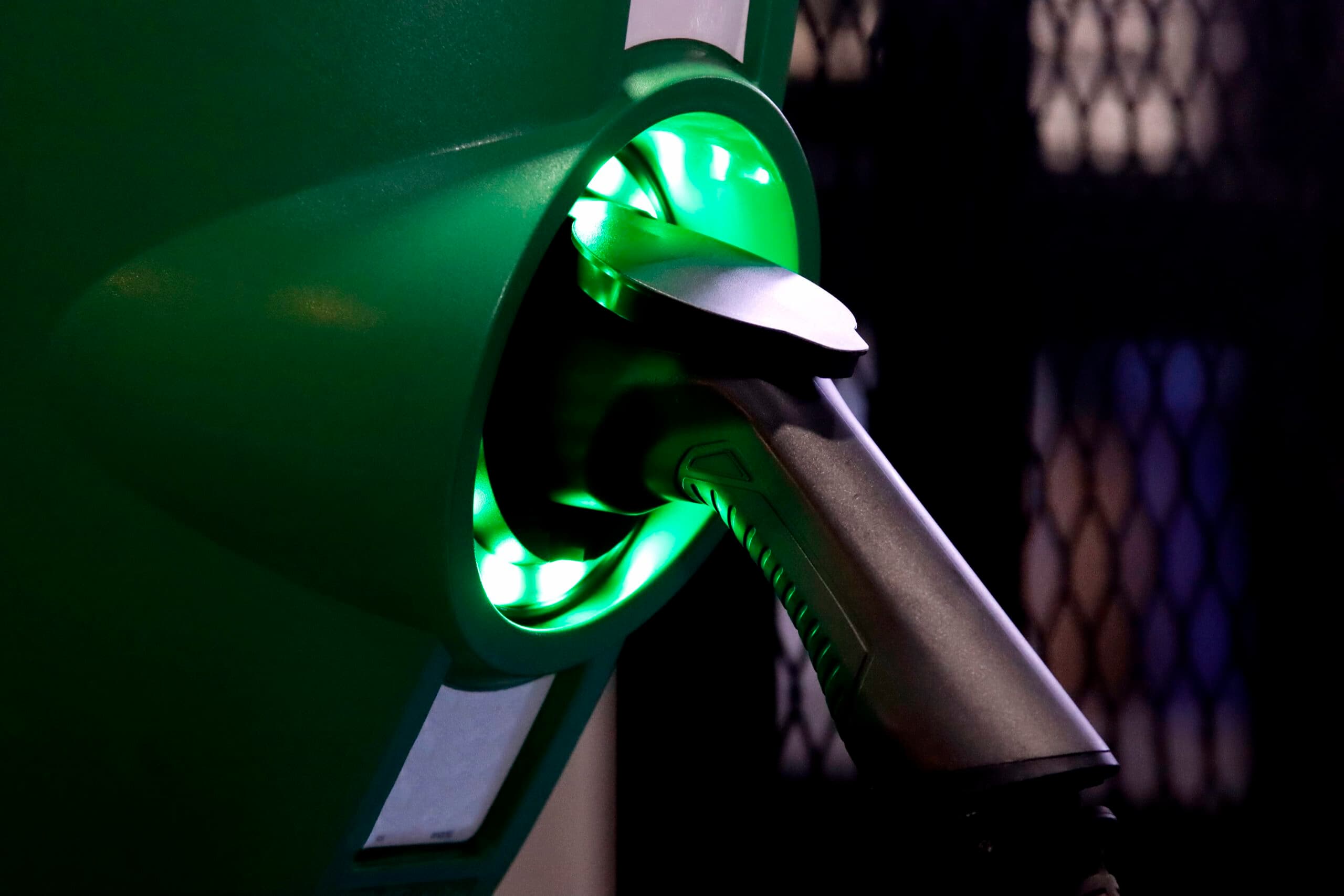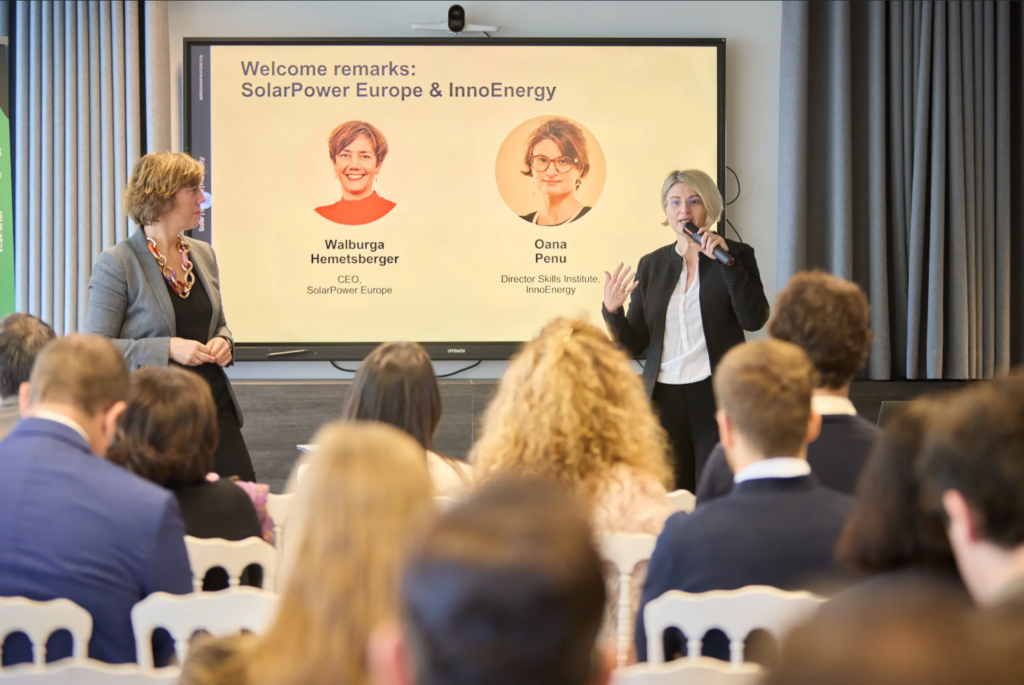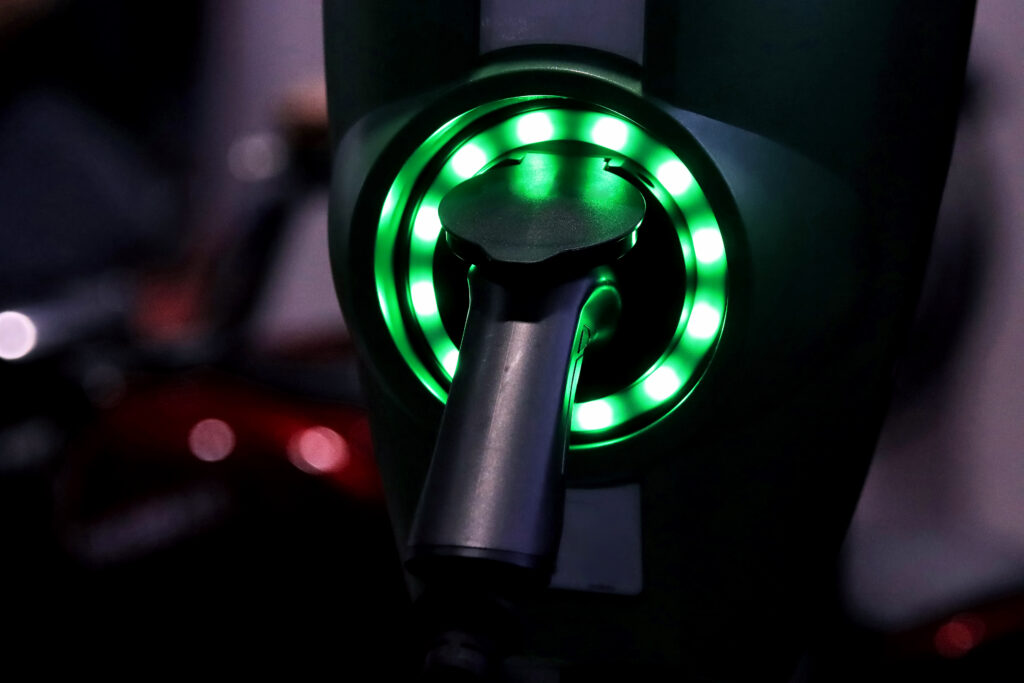The European battery industry stands at a defining moment – one that will shape the future of mobility, industrial resilience, and the continent’s global competitiveness. Since 2017, Europe has rapidly built a battery ecosystem from the ground up, fuelled by strong policy support, a growing value chain, and leadership in sustainability and recycling. With demand forecast to reach one terawatt-hour by 2030 – and the EU targeting 40% of that to be produced domestically – the opportunity is clear.
Yet challenges are mounting. Industrial support schemes in China and other regions are accelerating global competition. China’s dominance in LFP battery chemistry and rising overcapacity have intensified Europe’s push for strategic autonomy, as reliance on foreign batteries risks undermining the security of its automotive and energy sectors.
Policy initiatives such as the Clean Industrial Deal, the Net-Zero Industry Act, and the Strategic Dialogue on the Future of the Automotive Industry have underscored the battery sector’s strategic importance. Global EV and plug-in hybrid sales surged past 17 million in 2024 – a 25% increase on the previous year – now accounting for 70% of global battery demand. For Europe, the way forward is clear: scale up production rapidly while sharpening its industrial edge.
Technology is playing a pivotal role. Battery manufacturing is being transformed by AI-driven quality control, robotics, automation, and innovations such as solid-state batteries. But as production lines evolve into high-tech operations, pressure on workforce capabilities is intensifying. Without immediate investment in skills, Europe risks falling behind just as the global race accelerates.
Companies now need talent with a wide array of capabilities – from data analytics and cybersecurity to battery chemistry and system integration. Skills in automation, predictive maintenance, safety and compliance, next-generation R&D, and battery optimisation are becoming critical to efficiency and product longevity. AI is increasingly embedded across these areas, driving innovation and smarter decision-making.
The role of skills in shaping the industry’s future has never been more crucial. As job profiles and requirements evolve, so too must the workforce – and many companies are not keeping pace.
The real challenge isn’t production. It’s preparation.
The battery value chain relies on people with the right expertise, from advanced materials like anodes, cathodes, and electrolytes to cell design, automation, lifecycle analysis and cybersecurity. Supply chain management, material recovery, and circular economy principles are also growing in importance, all vital to building a sustainable and resilient industry.
At the same time, roles are becoming more standardised, with clearer skill requirements across educational levels. In addition to technical knowledge, soft skills such as adaptability, collaboration and problem-solving are increasingly valued. In the EV sector, specific expertise is required in battery management and control, testing, servicing, and in-depth knowledge of vehicle electrical systems and safety standards.
Scaling up gigafactories presents another challenge. Transitioning from pilot phase to mass production is capital-intensive and complex, particularly when early outputs remain low and operational costs stay high. Global trade shifts and supply chain disruptions add to the pressure. Still, the demand for skilled professionals remains high across production, engineering, digital operations, maintenance, quality control, and sustainability.
This is where the InnoEnergy Skills Institute steps in
Its latest report on critical jobs and skills in the battery sector goes beyond a snapshot – it’s a strategic resource for companies aiming to anticipate, adapt, and act. Covering the full value chain, the report addresses everything from raw materials and recycling to electrochemistry, data science, and next-generation R&D. It identifies emerging roles, evolving skills, and urgent talent gaps – giving businesses the insights they need before shortages become a constraint.
InnoEnergy Skills Institute works hand-in-hand with academia, industry, and policymakers to align training with real-world demands. Its programmes span the battery lifecycle – from introductory courses and battery management systems to advanced materials, safety, and testing – combining technical depth with practical knowledge.
The result? A workforce ready to fuel innovation and secure Europe’s place as a global battery leader.
Enter TPaaS: Talent Pipeline as a Service
At the heart of this mission is TPaaS – Talent Pipeline as a Service. Developed with top recruitment partners, TPaaS is an end-to-end solution that helps clean tech companies recruit, validate and deploy skilled professionals quickly. It connects employers with pre-trained, certified candidates ready to fill high-impact roles – bridging the gap between workforce demand and availability. Flexible and fully integrated, TPaaS covers recruitment, training and certification in one streamlined process.
ACT NOW
The message is clear: urgent upskilling and reskilling are essential if Europe is to meet both immediate and long-term demands in the battery sector. The good news? Businesses that invest in talent today will be better positioned to lead tomorrow.
Ready to position your business for future success?
Download InnoEnergy’s updated report on Powering the Transition to Net Zero Economies and prepare to power Europe’s clean energy future.



